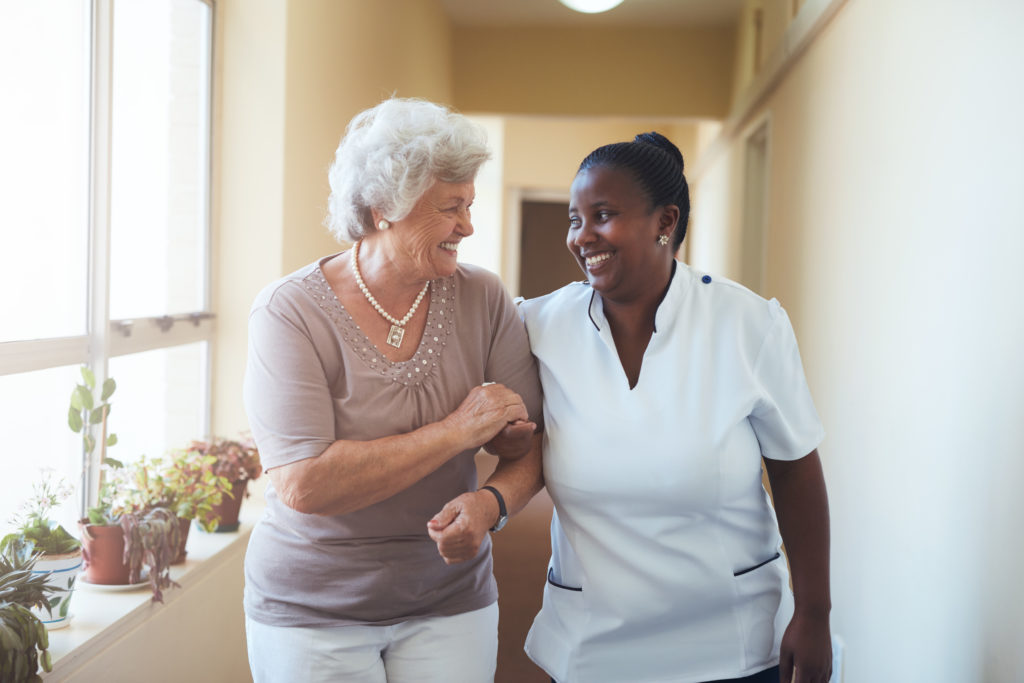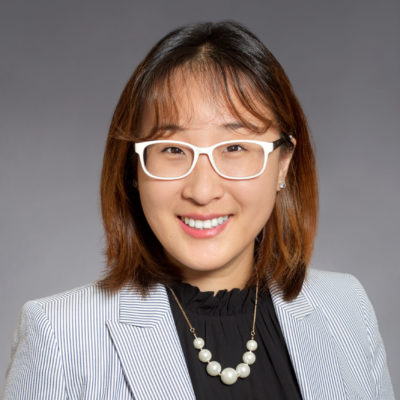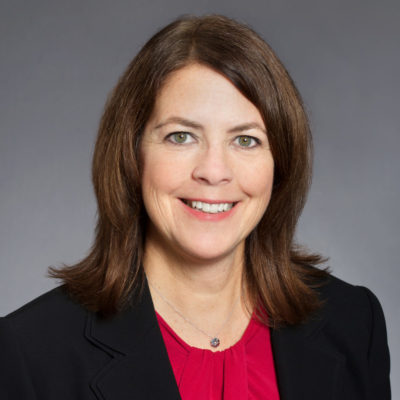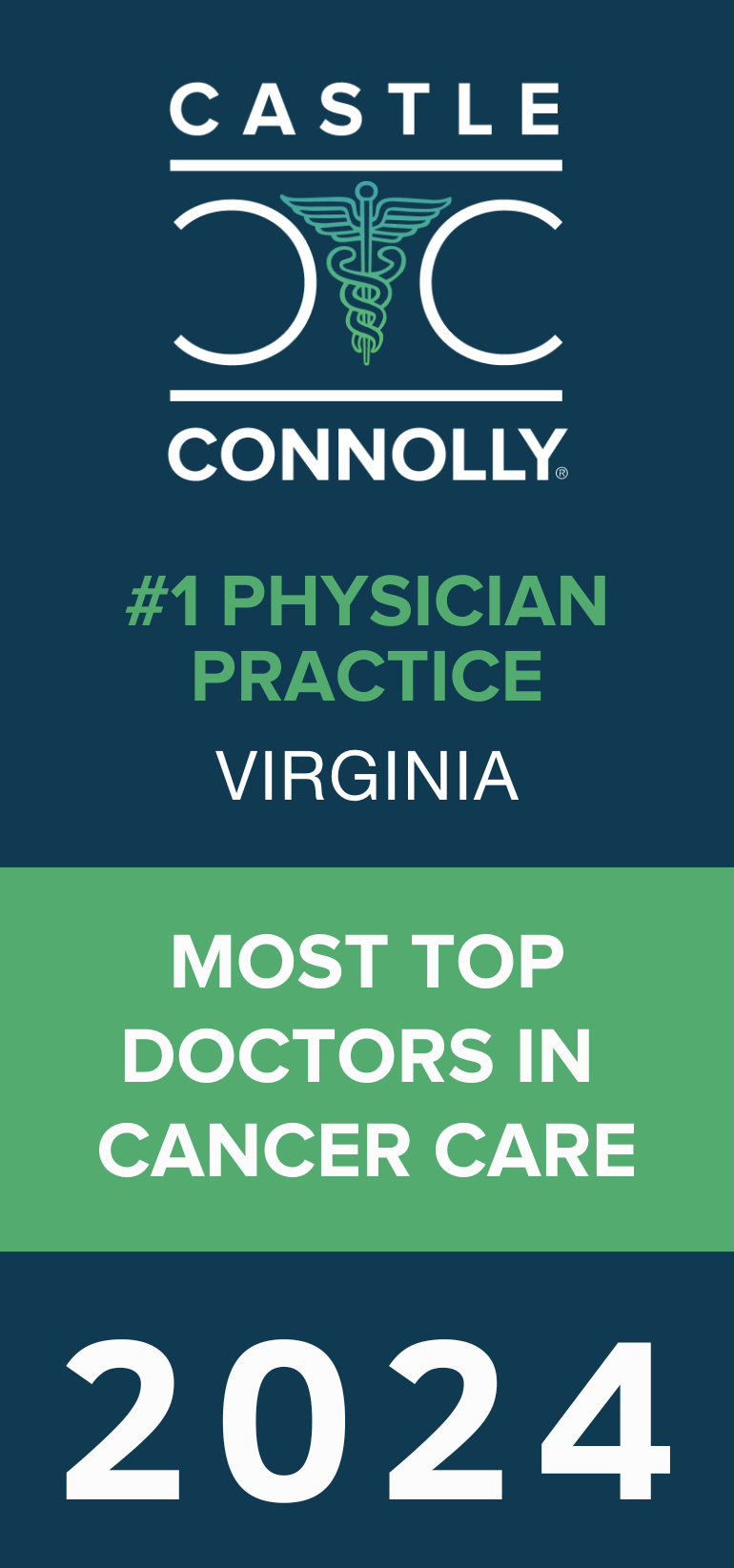The role of family caregivers is a significant factor in the treatment of a cancer patient
Today 80 percent of all cancer treatment occurs on an outpatient basis in community-based cancer centers, rather than in a hospital. Spouses are usually the primary caregivers and do not receive education or preparation for their role as a caregiver. Therefore, caregivers require support and education to meet these demands. They play a significant role in the management of their loved ones cancer treatment which often includes an increase in responsibilities and the management of household and work schedules. Caregivers often express their concerns of meeting the needs of their loved ones and can be vulnerable both physically and emotionally in their new roles. Fatigue being the number one concern for patients and their families may need assistance with meals, personal care, transportation, child care and housekeeping. Obviously, this is not the time for a patient or family to try and manage the complexities of cancer care alone.
Self Care Strategies for the caregiver
As demands for caregiving increases and as patients survive longer, caregivers need to be aware of the physical and emotional impact on their health as well as the resources that are available for support. Caregivers are at high risk for depression, anxiety and increased decline in their physical health. There are many things caregivers can do to help avoid burn out and tend to their health needs and quality of life. Included here are 10 recommendations that are worth exploring and incorporating into your role as a caregiver.
- Create your support system – no one can do this alone it can “take a village” to provide necessary care and support for your loved one. First and foremost accept the offers of help and be prepared to suggest some things you need assistance with. Reach out to family and friends who may not physically be in the same area but can attend to other tasks that may need attention and require time you do not have, like phone calls. Expand your thinking to include community organizations, churches and volunteer organizations that have resources that may be helpful.
- Don’t forget about yourself – self care is an important part of this equation and it is highly encouraged to attend to your emotional, physical, social and spiritual needs.
- Emotions can run high and often times are put on the back burner to be attended to later. This can lead to depression and emotional distress. Find a friend, a professional counselor or a support group. Support groups are a great way to reduce isolation and be with others who understand the complexities of care giving and often times there are helpful hints on caregiving. Support groups can be accessed online, telephone or face to face.
- Staying as active and physical as possible by walking or exercising for 30 minutes each day. We know that exercise in any form is beneficial for stress reduction, increasing energy and fighting fatigue.
- Maintain good nutrition by eating healthy well balanced meals. Stay well hydrated by drinking water every day. Don’t neglect your own health, keep up with your medical appointments. Getting 6-8 hours of sleep per night can be a challenge so talk to your doctor if you are not able to sleep or perhaps ask a family member or friend to sit with your loved one so you can get the needed rest.
- Attending to your social life, enjoy some humor, will help rejuvenate you and lessen your feelings of isolation. Stay connected with friends or maintain activities/hobbies that are important and enjoyable to you.
- Address your spiritual self with prayer, meditation or worship if this is an important part of your life.
- Caregivers have increased responsibility for making decisions for their loved ones and this can lead to having guilt if the outcome is not what is expected. They often question themselves if they have made the right decisions or choices. Second guessing yourself is normal and natural, but know that you made the best decision you could with the information you had at the time.
- Seek out information to better provide care. You aren’t expected to know everything about cancer treatments and the side effects so reach out to your medical team, and reliable sources (not chat rooms ) to help provide the information you need to better serve your loved one.
- Save time and energy for your spouse or partner and focus on things besides cancer, as caregiving can strain even the best relationships.
The Rewards of Being a Caregiver
In spite of the exhausting challenges of caregiving, it can enrich a person’s life. Caregivers often feel a sense of satisfaction knowing they helped their loved one in a time of great need. Additionally, caregiving often brings people closer together and enables them to gain greater perspective on their relationship and the purpose of their own life.
Support for Caregivers – Phone Support
Attending a support group is often very helpful for caregivers to connect with others who share the same concerns or caring for a loved one with cancer. However, we know that taking the time to attend a group can be difficult to find the time in an already busy schedule. Our Virginia Cancer Specialist Oncology Social Worker, is available to caregivers for individual consults to support you with your concerns, challenges or needed resources. You can call 703-208-9383 or schedule an individual consult with our Oncology Social Worker. VCS is here to support you, the caregivers and families with the challenges of managing your loved ones care.
Resources for Caregivers:
-
CancerCare: Toll-free 1-800-813-4673
-
Cancer Hope Network: Toll-free 1-877-467-3638
-
Cancer Legal Resource Center: Toll-free 1-866-843-2572
-
Family Caregiver Alliance/National Center on Caregiving: Toll-free 1-800-445-8106
-
Leukemia and Lymphoma Society: 1-800-955-4572
-
Lotsa Helping Hands:
-
National Alliance for Caregiving:
-
National Cancer Institute: Toll free 1-800-422-6237
-
US American Cancer Society: Toll- free 1- 800 277-2345
-
Caregivers- Cancer Support Community: Phone: 1-202-659-9709, Toll-free: 1-888-793-9355
PLEASE VISIT OUR ADDITIONAL RESOURCES PAGE HERE
Caregiver Free Phone Apps
-
Caring Village
-
Care Zone
[addthis tool=”addthis_sharing_toolbox”]

Caregiving is probably one of the most challenging things a person will ever do. Caregivers need to learn ways to take care of themselves, because if they aren’t taking care of themselves, they can’t properly take care of anyone else. They shouldn’t be afraid to ask for help, as no one can do this job alone.







